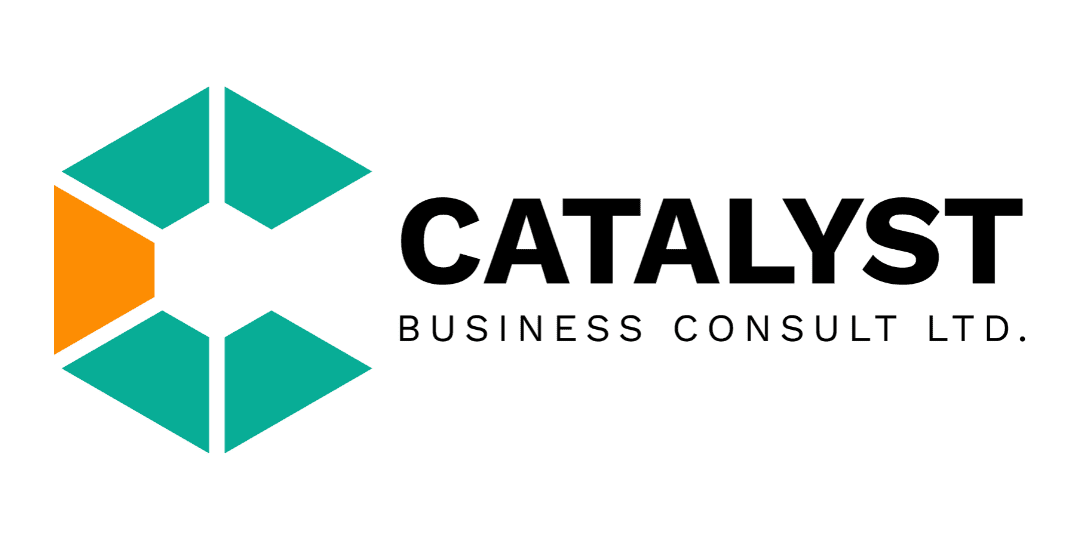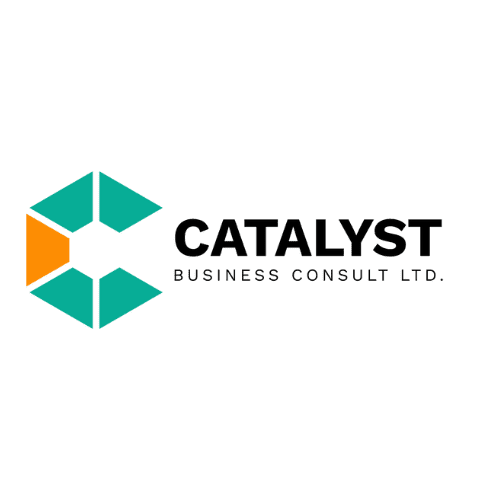It’s Monday, the start of a brand-new week, and there’s no better time to think about building your personal human capital! Whether you’re diving into a new project at work, kicking off your studies, or dreaming up business ideas, every step you take toward learning and growing adds to your personal “wealth” of skills and knowledge.
In simple terms, human capital is what makes you stand out—the unique mix of skills, experience, and know-how you bring to the table. And in an economy that keeps us on our toes with inflation and uncertainty, strengthening your human capital is the smart way to thrive, no matter what the week throws your way!
In addition, building personal human capital isn’t just for people in specific fields. It’s for everyone, including young entrepreneurs trying to scale, students getting ready for their careers, and professionals wanting to adapt and succeed. So, how can you get started? Here are five practical strategies for building your personal human capital that you can implement right now.
1. Invest in Continuous Learning
The world is changing fast, and what’s relevant today might be outdated tomorrow. This is why continuous learning is essential for building your personal human capital. We’re lucky to live in a time where knowledge is more accessible than ever. Online platforms like Coursera and Udemy, offer courses on everything from coding and digital marketing to soft skills like negotiation and time management.
Nevertheless, learning doesn’t have to cost you a fortune; there are free resources too. Podcasts, YouTube channels, and webinars can also be valuable sources of knowledge. And in a country where economic instability is a reality, the more skills you have, the more resilient you become.
2. Network with the Right People
Networking is about developing relationships with people who can help you grow, not just about having contacts. When it comes to developing your own human capital, networking can be a breakthrough. You develop in ways you would not have imagined when you are surrounded by individuals who encourage, test, and support you.
For students, this could entail making contact with alumni or seniors who can offer career guidance. For business owners, it can entail creating a network of peers, industry professionals, and mentors who are aware of the particular difficulties involved in operating a company in Nigeria. A robust network can serve as more than just a source of assistance.
3. Develop Strong Soft Skills
Furthermore, soft skills like leadership, communication, and emotional intelligence are just as important as technical talents. Since these abilities increase your adaptability and make you easier to work with, they are essential for human capital development. For instance, having strong communication skills can help you settle disputes, establish credibility with clients or coworkers, and clearly convey your ideas.
In Nigeria, where diverse cultures and backgrounds come together in the workplace, emotional intelligence is particularly important. Being able to navigate different perspectives and work well with others is invaluable. Soft skills don’t always come naturally, but with practice and a bit of feedback, you can cultivate them and use them to enhance your value in any role.
4. Seek Out Mentorship and Guidance
One of the best ways to increase your personal human capital is to find a mentor. Anyone with knowledge you can absorb can serve as a mentor; they don’t need to be significantly older or more experienced than you. A competent mentor can provide direction, steer you clear of typical traps, and offer counsel grounded in practical experience.
Don’t wait for mentorship to come to you—reach out, whether it’s someone in your network, a colleague, or even an industry expert you admire.
5. Stay Adaptable and Embrace Change
Moreover, in an economy affected by inflation and instability, adaptability is a must. Developing your own human capital entails learning to change course as needed in addition to obtaining new abilities. This could entail learning a new skill set, being adaptable to new positions, or even altering your strategy when necessary. Having an attitude that welcomes change instead of opposing it is the essence of adaptability. The most successful people aren’t those that follow a single course—rather, they’re those who change and adapt to keep going.
So, whether you’re an entrepreneur, a student, or part of Nigeria’s vibrant working class, remember that you are your most valuable asset. Embrace these strategies, and you’ll see that no matter the economic climate, you’ll have the resilience and resources to succeed.
Kindly follow and Contact us via the following platforms:


